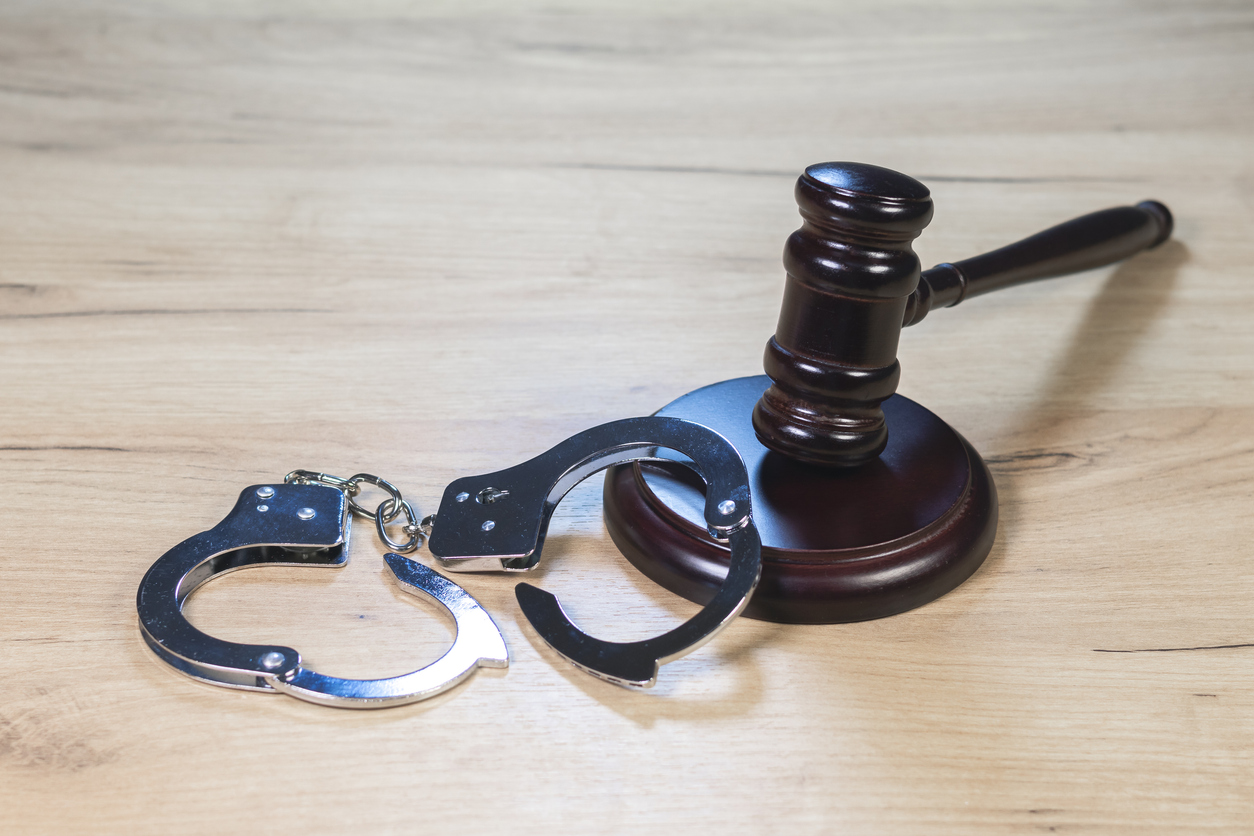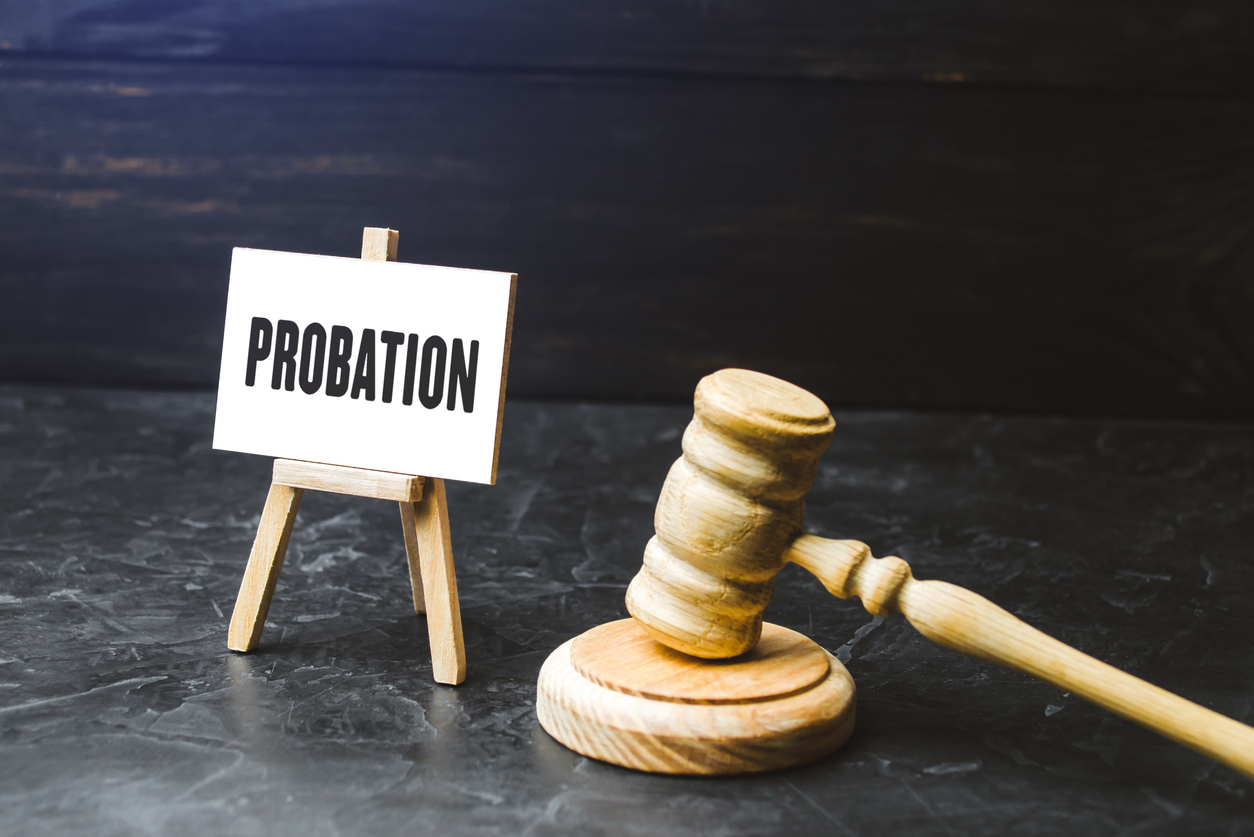- 5 Nov 2025
Insightful Legal Articles
Explore a range of expertly written legal articles designed to provide clarity and guidance on various legal topics. Whether you’re seeking advice on personal injury, family law, immigration, or more, our insights will help you navigate complex legal matters with confidence.
- By Medical Malpractices
- 10 Sep 2025
Is Georgia Minimum Car Insurance Coverage Enough for New Drivers?
When stepping onto the road for the first time, many new drivers rely on Georgia...
- By Medical Malpractices
- 10 Sep 2025
How To Avoid Being Wrongfully Charged As An Accomplice
Being wrongfully charged as an accomplice is a serious concern in criminal law. Many people...
- By Medical Malpractices
- 10 Sep 2025
Why You Need an Atlanta Murder Defense Lawyer if Charged with Homicide
Facing a homicide charge is one of the most daunting legal challenges anyone can experience....
- By Medical Malpractices
- 9 Sep 2025
Signs Your Ex-spouse Introducing New Partner To Kids Might Harm Your Children
Divorce does not end the responsibility parents share toward raising children in a stable and...
- By Medical Malpractices
- 9 Sep 2025
Avoiding Common Mistakes When Dating During South Carolina Divorce Waiting Period
Divorce is often one of the most challenging transitions in life, and in South Carolina,...
- By Medical Malpractices
- 9 Sep 2025
Filing A Petition To Terminate Probation Early Under California Probation Length Ab 1950
The passage of California probation length AB 1950 reshaped the criminal justice landscape by reducing...
- By Medical Malpractices
- 9 Sep 2025
The Role of Low Self-Esteem When Children Bully Others
When children bully, the surface-level behaviors of aggression, intimidation, and exclusion often mask deeper struggles...
- By Medical Malpractices
- 9 Sep 2025
Step-by-Step Guide to Requesting a South Carolina Traffic Accident Report by Mail
Obtaining a South Carolina traffic accident report is a critical step after being involved in...
- By Medical Malpractices
- 8 Sep 2025
Common Pitfalls to Avoid in California Lawyer Client Business Transactions
Engaging in California lawyer client business transactions is not inherently unlawful, but it carries heightened...
- By Medical Malpractices
- 8 Sep 2025
The Ultimate Guide to GEICO Accident Claim Secrets for Injury Victims
Filing an insurance claim after an accident can be overwhelming, especially when dealing with large...
- By Medical Malpractices
- 8 Sep 2025
Legal Remedies For Insurers Who Miss The Georgia Insurance Claim Deadline
When policyholders file accident-related claims, strict timelines often dictate how quickly an insurer must respond....
- By Medical Malpractices
- 8 Sep 2025
Recent Updates On Utah Truck Driver Cell Phone Law You Should Know
Commercial trucking continues to play a central role in Utah’s economy, with thousands of trucks...
- « Previous Page
- 1
- 2
- 3
- 4
- 5
- 6
- …
- 17
- Next Page »
Recent posts
- 2 Nov 2025
- 17 Oct 2025
Categories
- Accident & Injury Law (54)
- AI (1)
- Copyright Law (1)
- Criminal & Civil Law (17)
- Disability Law (2)
- Driving Law (2)
- Employment Law (1)
- Estate Planning (2)
- Family & Relationship Law (29)
- Food and Drink (2)
- Gas Exposure (1)
- Health (1)
- Immigration Law (2)
- Injury Claim (1)
- Insurance Law (7)
- Legal (40)
- Lemon Law (4)
- Mediation (3)
- Medical Malpractice (1)
- Property & Business Law (9)
- Severance Agreement (1)
- Travel and Leisure (1)
- Uncategorized (13)
- Worker Compensation (2)











